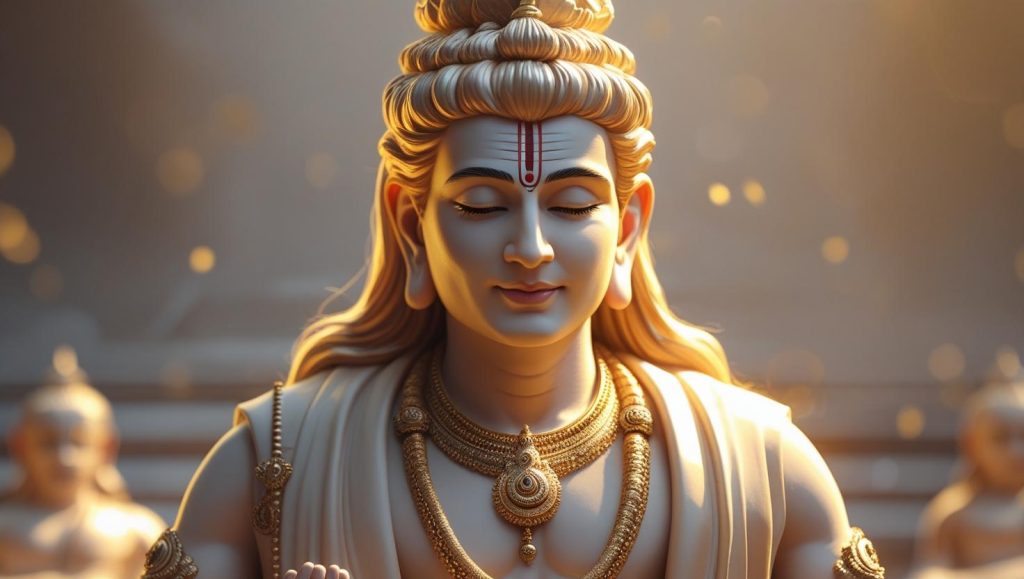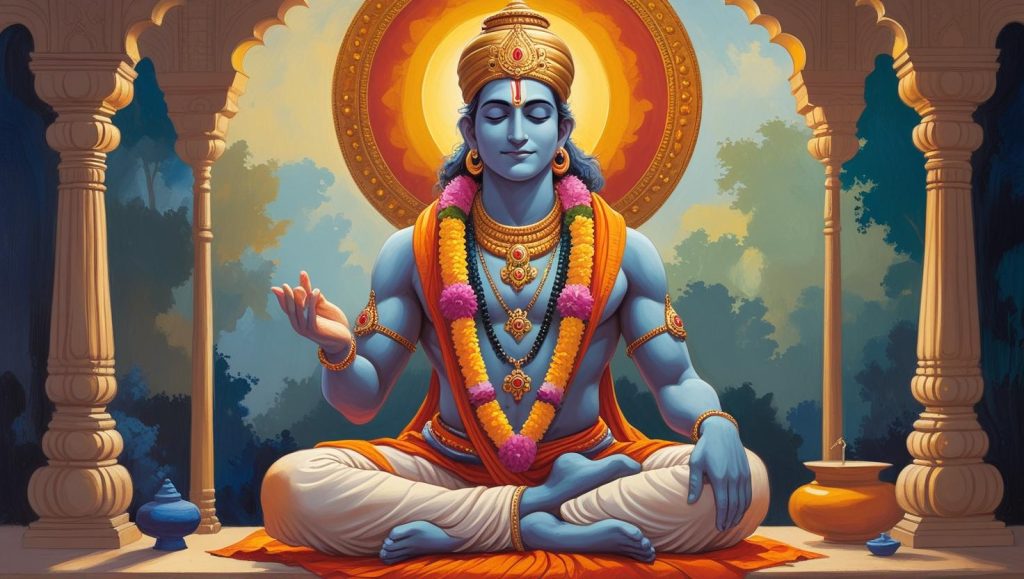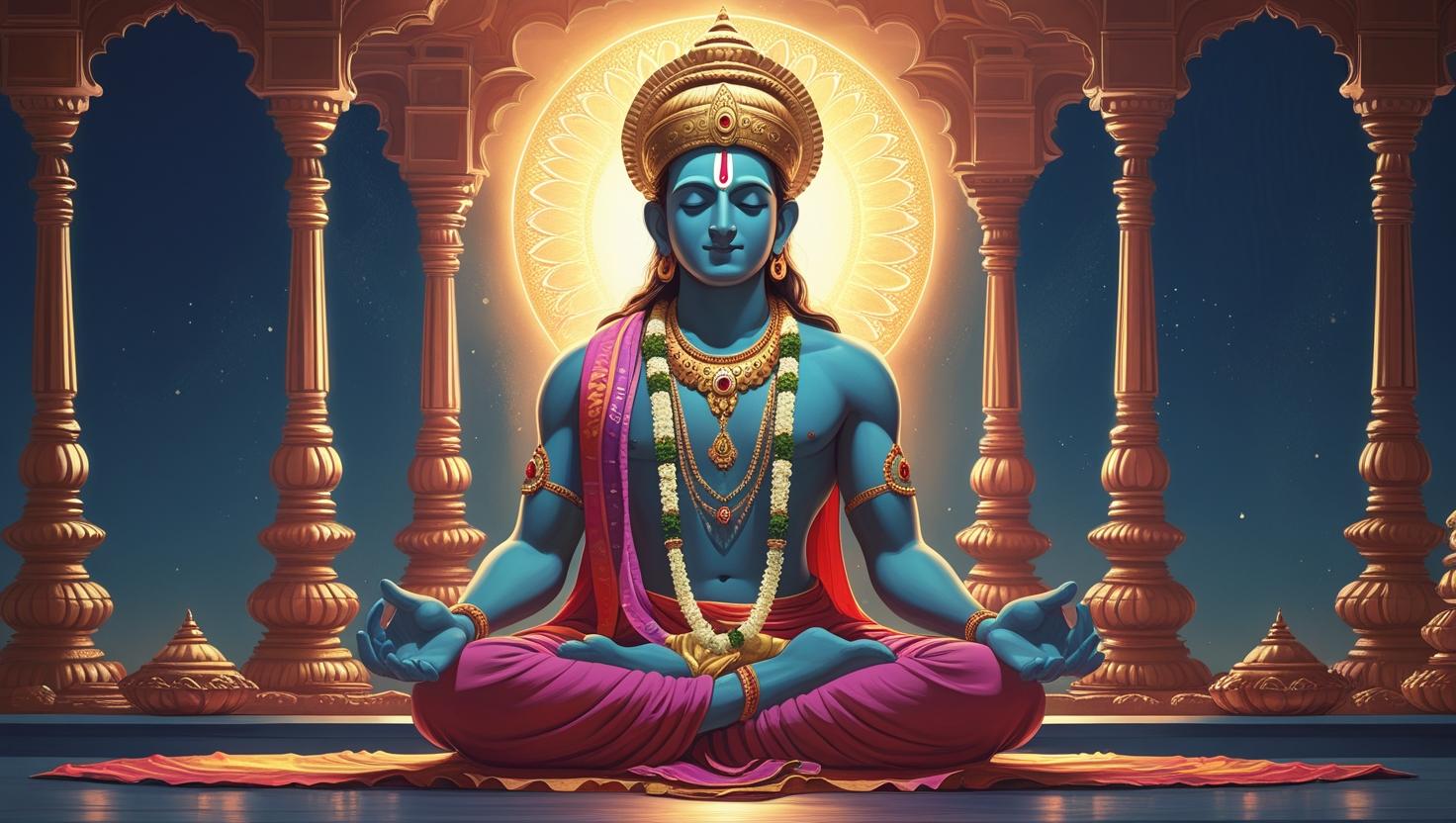In Jain Dharma, the Tirthankars are revered not only for attaining liberation but also for guiding others toward it. Bhagwan Sambhavnath, the third Tirthankar, embodied the principles of Ahimsa (non-violence), Satya (truth), and Karuna (compassion). Though Tirthankars are beyond worldly desires, their words and actions remain powerful teachings that inspire devotees to this day.
Inspirational Teachings of Sambhavnath Bhagwan
1. On Non-violence (Ahimsa)
“To harm any living being is to harm oneself, for every soul is equal and divine.”
Sambhavnath taught that true spirituality lies in respecting all life forms, big or small.
2. On Truth (Satya)
“Truth is the foundation of Dharma; falsehood only binds the soul with karma.”
His life reflected honesty and purity in thought, speech, and action.

3. On Compassion (Karuna)
“Compassion is the highest virtue; through kindness, the soul rises toward liberation.”
Even as a prince, Sambhavnath showed mercy toward animals and humans alike, inspiring devotees to practice empathy.
4. On Detachment (Vairagya)
“Worldly pleasures are fleeting; liberation alone is eternal bliss.”
By renouncing royal comforts, he set an example that detachment leads to inner peace.
5. On Liberation (Moksha)
“Through right faith, right knowledge, and right conduct, the soul attains its purest state.”
His teachings align with the Three Jewels of Jainism (Ratnatraya)—the ultimate path to Moksha.

How These Teachings Inspire Us Today
- Non-violence can resolve conflicts and foster peace.
- Truth brings clarity and harmony in relationships.
- Compassion strengthens society with love and unity.
- Detachment helps overcome stress and material obsession.
- Moksha Marg inspires spiritual seekers to focus on self-realization.


